Medicine
March 1, 2007
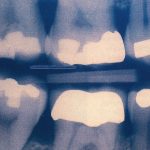
The metal debate
A pioneering UW study confirms that metal dental fillings are safe, but critics still aren't satisfied.
December 1, 2006
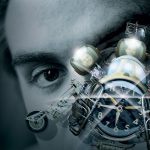
New generation
UW scientists have made important first steps toward the day when they will be able to grow livers, hearts and other replacement tissue from stem cells.
September 1, 2006
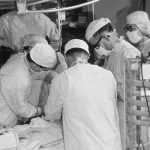
50 years for the heart
Fifty years ago, the UW perfected its own heart-lung machine and did the first open-heart bypass surgery in the West. Now advances are coming so quickly that they could put future cardiac surgeons out of business.
June 1, 2006
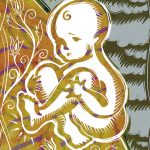
Infant screening
A relatively simple screening process detects enzyme deficiencies in newborns, allowing treatment to begin before too much damage has been done.
March 1, 2006
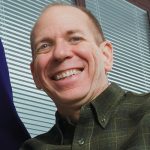
Unbroken spirits
When an accident broke Kirk Hennig's neck, he was sent to one of the best rehabilitation centers in the nation, led by one of its top doctors. Now he's sharing his insights with other injured patients.
June 1, 2005
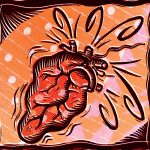
Antibiotics won't do it
Could bacteria also be a culprit in heart disease? In April the UW released the first results of a study — and the verdict so far for C. pneumoniae is not guilty.
March 1, 2005
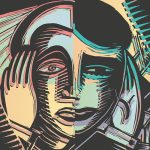
Painful data
It’s bad enough to suffer from migraines, but now there is a correlation with another brain malady. Migraine sufferers are twice as likely to experience a stroke, compared to people who do not get this type of headache, say UW researchers.
March 1, 2004
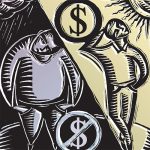
Income-weight link
Healthy foods that aid in weight loss and provide a feeling of fullness cost more than energy-dense foods such as French fries, soft drinks, candy and cookies. The result: poor people are more likely to be overweight.
December 1, 2002
Breakthrough research
UW researchers announced a dramatic breakthrough—they were able to insert the missing gene into these defective mice and reverse the effects of Duchenne muscular dystrophy.
September 1, 2002
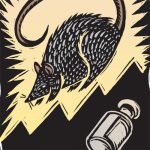
Diabetes discovery
Discovery of a gene that plays a major role in type 1 diabetes in rats and is present in nearly identical form in humans might shed light on the little understood processes of the thymus, a research team including University of Washington scientists announced.
June 1, 2002

Fatal inheritance
After losing her mother and brother to pancreatic cancer, Sheri Mayer faced the difficult choice of having her pancreas removed or trying to beat the odds.
December 1, 2001
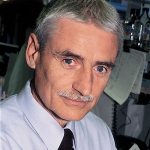
Nobel Laureate
UW Genetics Professor Lee Hartwell won the 2001 Nobel Prize in Medicine/Physiology for his basic research on cell division.
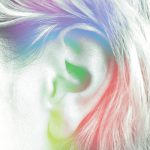
Sound solution
UW scientists, with the aid of some bird brains, may have found an answer to hearing loss: bringing dead cells back to life.
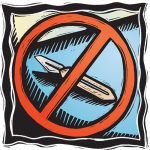
Appendix misfires
In nearly one of four appendectomies performed in women of childbearing age, the removed appendix is actually not infected, according to a UW study.
September 1, 2001
Turning off TB
UW Pathobiology Professor David Sherman announced that he was able to interrupt the function of a TB gene that allows the bacterium to go dormant.
June 1, 2001
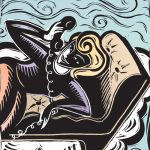
Fighting depression
A UW study found that several brief office visits along with continuing telephone calls or even e-mail can help prevent a relapse of depression.
December 1, 2000
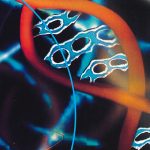
Why cells go bad
Once just a theory, Lawrence Loeb's mutation breakthrough could lead to new cancer treatments and even an unconventional way to stop AIDS.
September 1, 2000
Heart attack study
Older women are less likely to receive early treatment following a heart attack than older men and are more likely to be assigned a do-not-resuscitate order during their hospital stay, UW researchers reported.
December 1, 1999
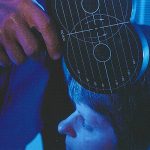
Magnetic relief
Depression's victims sometimes find that drugs and therapy can't help. Soon there may be a new solution — the power of magnetism.
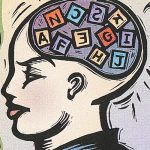
Dyslexia research
UW researchers found that dyslexic children use nearly five times the brain area as normal children while performing a simple language task.